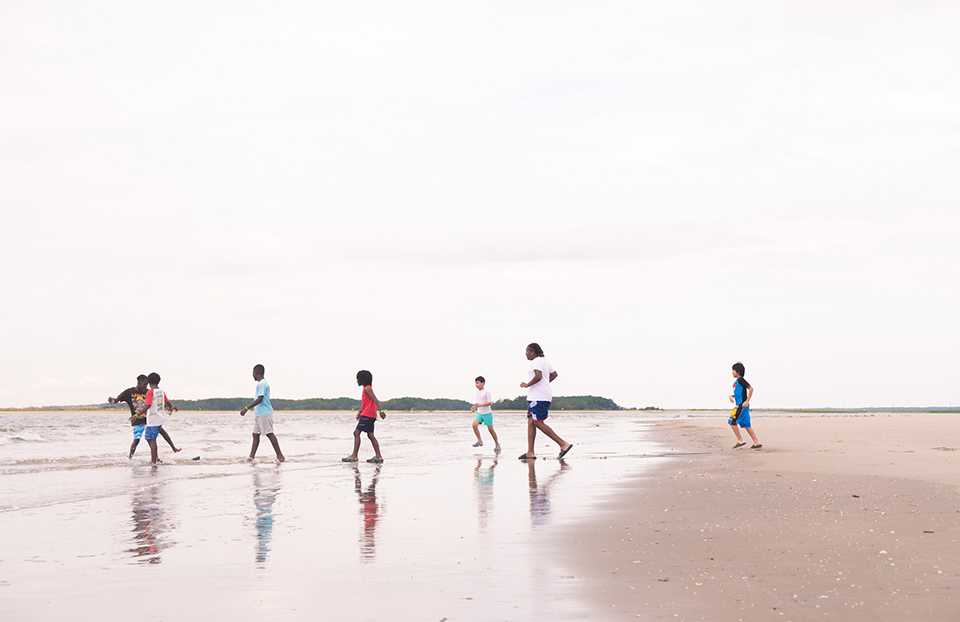STEM Outreach, Young & Amazing
This high school student is bringing sustainable electricity to Africa using biodegradable resources
In Macdonald Chirara’s community in Zimbabwe, and especially in rural communities like his own, people face electricity shortages and use firewood as a source of energy. “This is leading to an increased rate of deforestation, which is contributing to climate change around the globe.”
Macdonald wants to change this practice and offer sustainable electricity to Africa.
“I want to solve the shortage of sustainable electricity and energy in my community using locally available resources,” Macdonald explained.
Macdonald’s concerns about the natural environment have led him to build and test a bio digester, which is a large tank that can convert organic waste into cooking oil and electricity. The contraption produces biogas, which is created by the breakdown of organic matter in the absence of oxygen. His project uses readily available resources, like animal waste and an invasive plant. More specifically, Macdonald used methanogenic bacteria found in the fibrous roots of live water hyacinth, an invasive plant species in his community, and generated electricity by heating a thermoelectric module using the biogas produced. Macdonald explained that the resulting biogas can successfully heat thermoelectric modules, and can then be simultaneously cooled by a water cooling system he designed.
His work was selected by his local science fair for recognition as a Society for Science & the Public Community Innovation Award winner. This award honors students participating in science fairs around the world who are making a difference in their communities. In 2018, the Society rewarded 20 young scientists with $500 prizes — and Macdonald was one of them.
“I found that the fibrous root system of the water hyacinth plant facilitates and promotes the growth of methanogen bacteria, which plays a vital role in the breakdown of biodegradable materials,” Macdonald explained.
“Biogas has the potential to provide clean renewable energy and to facilitate sustainable development of energy supply for Zimbabwe and Africa at large,” Macdonald said. “I’m happy that my innovation has made an impact in my community. This award will encourage other students to find solutions to problems being faced in their communities.”
The electricity generated can be used for lighting as well as cooking, which is critical, “especially in rural areas, where most households are not yet connected to the national grid,” Macdonald explained. “It can also be used in urban areas as a backup power source.”
Macdonald first became interested in science when he learned that most of the problems in the world are being solved using STEM. “Science and math are the ultimate keys to all the problems we’re facing in the 21st century,” he said. “I want to see more of my peers pursue advanced degrees and careers in STEM fields.”
Macdonald believes governments in Africa should support science fairs. “They give us an opportunity and platform to showcase our scientific ideas and talents,” he said. “This contributes to building self-confidence.”
Macdonald encourages other young people to believe in themselves and have fun with science, since, “… it allows us to play with our imagination … As Einstein so eloquently put it, ‘imagination is more important than knowledge.’”
“It’s that creativity, that imagination, that ability to find a new approach to a problem everyone else is working on that will make you a great scientist,” he said.


